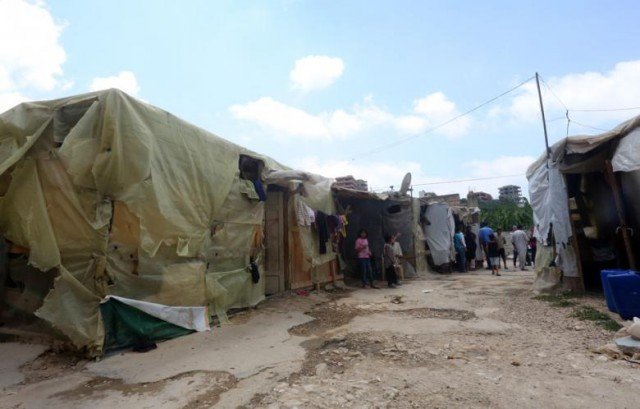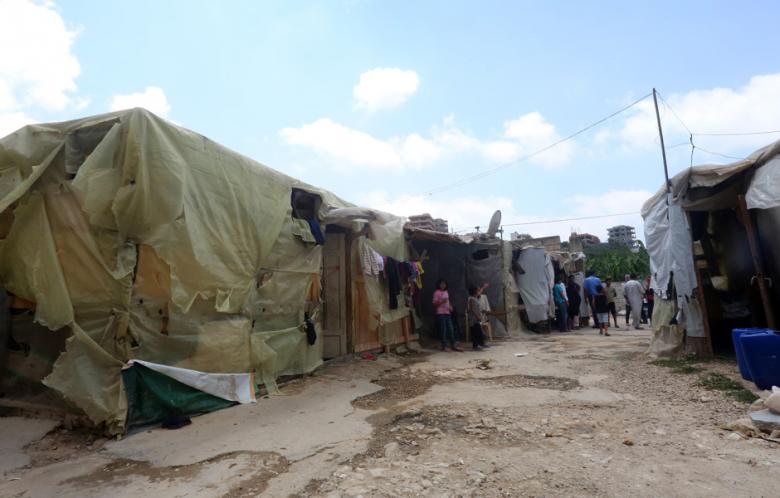Lebanon has imposed stricter conditions for Syrians entering the country in a bid to slow the flow of asylum seekers trying to escape the war.
Previously, travel between Syria and Lebanon was largely unrestricted, but now Syrians will have to obtain a visa.
Lebanon hosts more than a million Syrian refugees and this is the latest step to try to stem the influx.
Millions of Syrians have been displaced by the civil war as rebel forces try to oust President Bashar al-Assad.
The uprising began with protests against Bashar al-Assad’s rule in 2011 and degenerated into civil war in 2012. The rise of Islamist groups has added to the refugee problem.
Lebanon, which shares a border with Syria, is one of the most affected country by the large numbers of refugees.
Before now, Syrians could stay in Lebanon for up to six months automatically. Under the new measure, Syrians wanting to enter Lebanon will have to fulfill certain criteria in order to be granted a visa at the border.
It is unclear what the rule will mean for the many Syrians already in the country and not registered as refugees.
Every Syrian wanting to enter Lebanon will need to state a clear purpose for their visit, and, if approved, a visa will be issued for a certain duration.
Syrians coming to work in Lebanon will also have to be sponsored by a Lebanese individual or company.
A spokesman for the UN refugee agency (UNHCR) in Lebanon, Ron Redmond, said that over the past 6 to 8 months a number of measures had already reduced the number of people seeking registration as refugees. But the UN had worked out a system with the government to enable the most vulnerable to still gain access.
Lebanon has long been struggling to cope with the number of refugees fleeing the war in Syria.
There are currently more than 1.1 million registered refugees in Lebanon putting a huge strain on the country’s infrastructure and resources.
The Lebanese government says the actual number of refugees in the country is about 1.6 million.
Clearly the Lebanese government wants to reduce the flow, says Rami Khouri, Senior Fellow at the Issam Fares Institute at the American University of Beirut.
Many refugees live in poor conditions.
In October, Lebanon’s social affairs minister announced that the country would stop accepting all refugees except emergency cases, but would still allow Syrians to enter for other purposes, such as work and tourism.
The latest UNHCR figures show a total of 3.2 million Syrians registered as refugees in Lebanon and elsewhere.
[youtube hk2f52bpc0k 650]
